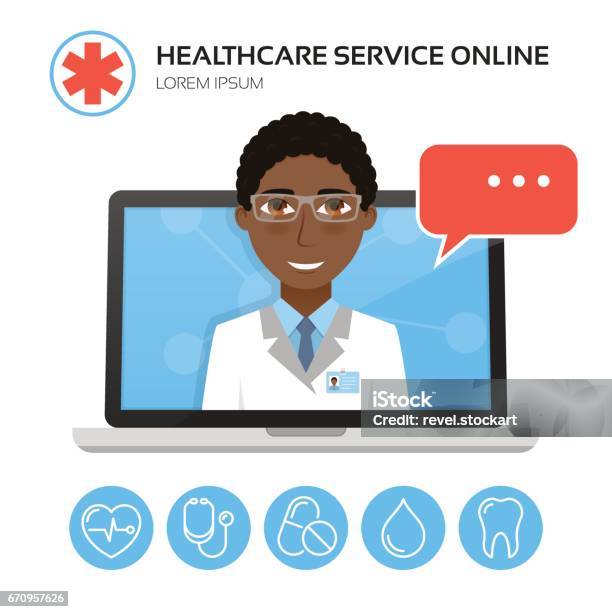The Influence of Subscription Based Healthcare on Standard Medical Practices
The Influence of Subscription Based Healthcare on Standard Medical Practices
Blog Article
Understanding the Cost-Effectiveness of Subscription-Based Healthcare Models
As the medical care landscape develops, subscription-based versions emerge as an engaging alternative, assuring to redefine how individuals handle medical expenditures. Evaluating these versions' cost-effectiveness necessitates a nuanced contrast with standard insurance policy, taking into consideration both monetary ramifications and patient fulfillment.
Overview of Subscription-Based Designs
Subscription-based healthcare versions, sometimes described as direct health care or concierge medicine, are progressively obtaining focus as a potential remedy to ineffectiveness within typical health care systems. These designs operate on the principle of offering individuals direct access to doctor through a yearly or monthly fee, bypassing the need for conventional insurance mechanisms. This setup aims to improve patient-provider interactions by lowering administrative burdens, which usually impede customized and prompt treatment.
At the core of subscription-based models is the emphasis on a more individualized individual experience. Clients benefit from improved accessibility to their physicians, usually including next-day or same-day consultations, prolonged consultation times, and straight communication channels such as phone or video clip calls. This design promotes a proactive strategy to healthcare, where suppliers and patients can collaboratively focus on preventative treatment and chronic illness management.

Expense Contrast With Conventional Insurance Coverage

One of the main financial advantages of registration designs is openness in prices. On the other hand, conventional insurance might be extra helpful for people needing specialized care or pricey therapies not covered under a subscription version, as they profit from the more comprehensive insurance coverage network and cost-sharing mechanisms.
Nonetheless, cost-effectiveness is context-dependent. While membership models could provide savings for those largely requiring health care, individuals with chronic problems or specialized health care requirements may locate conventional insurance extra thorough. Examining particular healthcare requirements and possible use is important in determining the most affordable option for individuals.
Influence on Person Fulfillment
Person satisfaction within subscription-based health care versions frequently shows a considerable enhancement over standard insurance coverage systems. This improvement is mainly associated to the individualized care and ease of access these designs provide. People often report higher satisfaction because of minimized delay times and the simplicity of scheduling visits. Unlike traditional systems, where individuals could experience delays in obtaining treatment, subscription-based models ensure more timely and straight communications with medical care carriers.
Furthermore, the transparency in expenses related to subscription-based health care reduces the typical irritations connected to unanticipated charges and intricate billing processes seen in typical insurance (subscription based healthcare). Patients appreciate recognizing the exact financial commitment upfront, causing enhanced depend on and self-confidence in their health care monitoring
Additionally, the focus on preventive treatment and health in registration models adds to enhanced wellness end results, additionally enhancing person contentment. By focusing on continuous health care instead than episodic treatment, individuals experience a more continuous and all natural health care trip.
Additionally, the boosted provider-patient connection fostered in these models, characterized by more time invested per person and tailored hop over to these guys interest, plays an essential function in boosting person satisfaction degrees, as individuals feel really looked after and comprehended.
Service Provider Experiences and point of views
From the copyright's perspective, subscription-based health care models offer a transformative approach to supplying clinical solutions. These models emphasize a preventative and aggressive health care strategy, permitting providers to concentrate on thorough client treatment without the restraints of standard fee-for-service plans (subscription based healthcare). This shift in emphasis commonly leads to enhanced patient end results and boosted company satisfaction, as healthcare experts can assign even more time and resources to person engagement and personalized treatment strategies
In addition, membership versions promote foreseeable profits streams, which improve economic stability for doctor. This predictability permits boosted resource preparation and appropriation, adding to a much more effective health care shipment system. Carriers can spend in staff facilities, training, and modern technology improvements, therefore improving the top quality of treatment supplied.
Nevertheless, the change to subscription-based designs is not without challenges. Companies have to adjust to brand-new functional frameworks, which can entail substantial adjustments in billing practices and person click to investigate administration systems. In addition, there is an integral demand for durable data monitoring to track client outcomes and make sure quality treatment. In spite of these obstacles, many service providers locate that the advantages of increased client interaction and structured operations exceed the initial obstacles, making subscription-based versions an appealing alternative.
Future Prospects and Challenges

A main challenge is governing compliance, as subscription designs have to stick to advancing medical care plans Discover More Here and insurance demands. This requires constant adaptation and technology to make sure alignment with lawful criteria. In addition, integrating these models right into existing medical care frameworks can be complicated, needing substantial financial investments in technology and training.
There is likewise the possible danger of producing inequities in health care gain access to, as subscription models might favor those that can afford them, leaving prone populaces underserved. Resolving this requires thoughtful consideration of pricing approaches and aid systems to make certain inclusivity.
Final Thought
Subscription-based medical care designs offer a feasible option to conventional insurance by offering monetary predictability and transparency, particularly benefiting people with chronic conditions or frequent healthcare needs. The cost-effectiveness of these versions rests upon specific medical care usage patterns and conditions. While they might improve person fulfillment and streamline budgeting, obstacles remain in dealing with specialized care needs. Future factors to consider consist of balancing comprehensive protection with cost and integrating these versions within the wider medical care system for optimal end results.
Subscription-based medical care versions, in some cases referred to as direct main treatment or attendant medication, are significantly acquiring interest as a prospective remedy to inadequacies within traditional healthcare systems. Unlike conventional systems, where individuals may experience hold-ups in getting care, subscription-based models ensure even more straight and timely interactions with health care suppliers.
These versions highlight a positive and preventative healthcare strategy, permitting carriers to focus on comprehensive person treatment without the restraints of typical fee-for-service plans. As these models proceed to acquire traction, they use the prospective to change individual access to care, enhance service shipment, and optimize healthcare investing.Subscription-based health care versions provide a viable option to traditional insurance policy by offering economic predictability and transparency, especially benefiting individuals with persistent problems or frequent health care demands.
Report this page